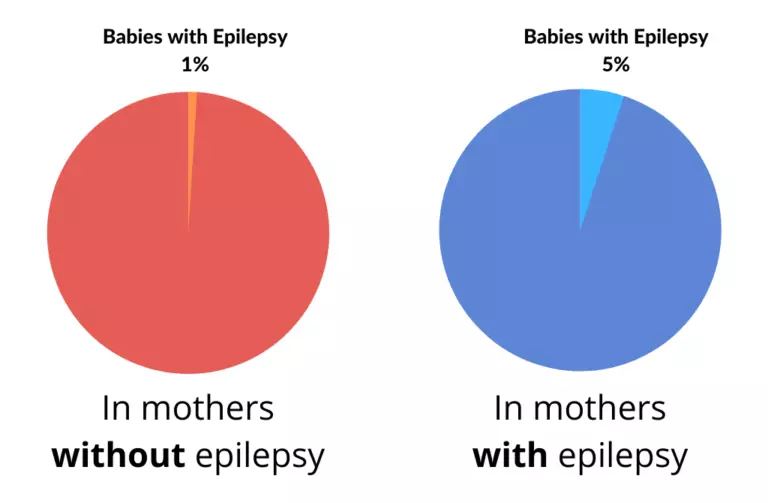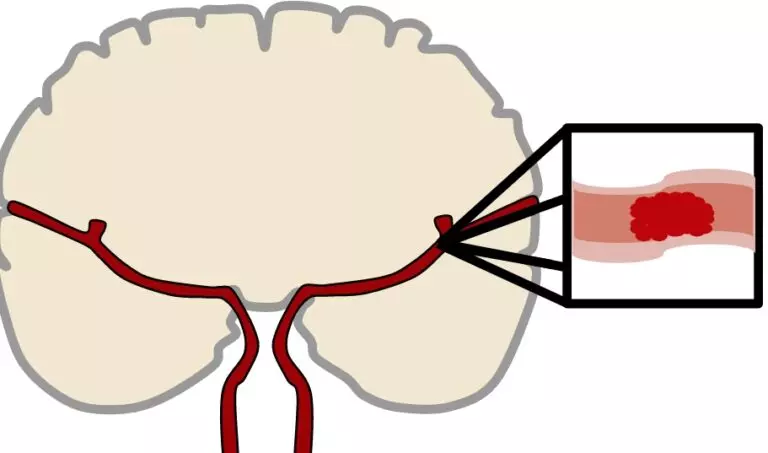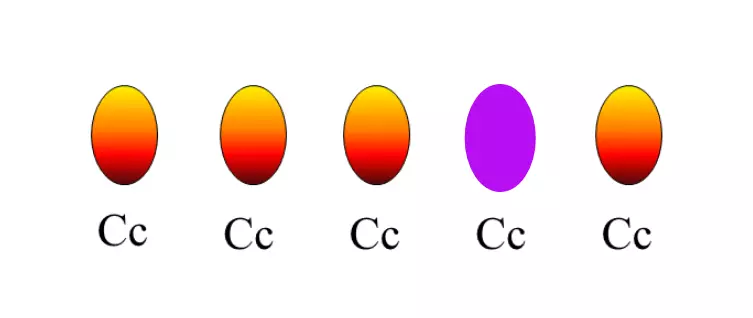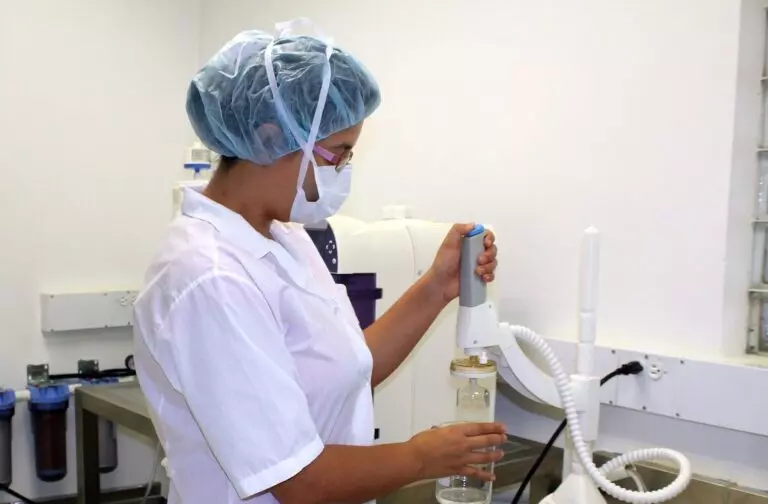Is Epilepsy a hereditary disease?
Table of Contents
ToggleThe word hereditary means passed on from Parents to Children.
People with Epilepsy can have abnormal genes. If you have epilepsy, some of your genes may be abnormal. These genes may be passed on to your children.
So, Epilepsy can be an inherited disease.

How commonly is Epilepsy inherited?
Most children of patients with Epilepsy do not develop Epilepsy. It is unlikely that your child will have Epilepsy, even if you have Epilepsy.
Overall about 1% of babies are born with epilepsy.
If you have epilepsy, the chance increases but only slightly. About 5% of babies born to a parent with epilepsy will have epilepsy.

For example:
One Italian study looked at more than 10,000 people with Epilepsy. Only 2.5% of close relatives (parents, siblings, children) of these patients had epilepsy.
Therefore, in most cases the answer to the question “Is epilepsy a hereditary disease” is NO, epilepsy is not a hereditary disease.
The risk of your children getting Epilepsy is higher if:
- You have one of the “Dominant” genes mentioned below.
- You have an Epilepsy syndrome with only generalized seizures, e.g. JME.
Let us know more how epilepsy is inherited.
How is Epilepsy inherited?

Even if you have an abnormal epilepsy gene, it is very unlikely that your children will have epilepsy.
Epilepsy genes can be Recessive or dominant. They can have incomplete penetrance. So, even if you have an abnormal epilepsy gene, it may be incorrect to say that epilepsy is hereditary.
Let us know more about the terms recessive genes, dominant genes and incomplete penetrace.
What are “Recessive” genes?
Let us assume that you have some abnormal genes. Still, it is unlikely that your child will have epilepsy.
Why is it so? It is because your child will receive two sets of genes. One set from you and another from your partner.

What are “Dominant” genes?
If I have a Dominant epilepsy gene, will my child have Epilepsy?

Is Epilepsy more likely to be transmitted if the Parents are related?

Is Genetic Testing for epilepsy before pregnancy useful?
Doctors don’t agree about genetic testing for Epilepsy before pregnancy. Usually, genetic testing for epilepsy before pregnancy is not helpful.
Genetic testing checks whether you have an abnormal epilepsy gene. If you have an epilepsy gene, perhaps your doctor can estimate the chance that your child will have epilepsy.
But genetic testing is frequently useless.
Here is why:
- We don’t know all the genes that cause Epilepsy. So a negative result means nothing.
- Let’s say we do find an abnormal gene. Still, the chance of the child getting epilepsy is variable. (see “incompelte penetrance” & table above).

- If your spouse is related (e.g. cousins).
- There is a strong history of epilepsy in your family.
- You have a epilepsy syndrome that is well-known to have a high chance of transmission.
- It may identify your Epilepsy Syndrome.
- It may disclose why your epilepsy is difficult to control.
- It may help in selecting the right medications.
- It may help in predicting the outcome of Epilepsy Surgery.
Summary:
- Epilepsy can be transmitted to children. But the chance is very low (5% or less).
- This is because each child gets 2 sets of genes. 1 set from each parent. Usually, even if one set is normal the child does not develop Epilepsy (Recessive gene).
- It is impossible to identify all genes causing epilepsy. It is impossible to calculate the exact risk of transmission.
- I usually don’t recommend testing for epilepsy genes before pregnancy. There are 3 exceptions to this rule (see above).
- Be sure to read the “Safe Pregnancy in Epilepsy Checklist”.
Caution: This information is not a substitute for professional care. Do not change your medications/treatment without your doctor’s permission.

Dr. Siddharth Kharkar
Dr. Siddharth Kharkar has been recognized as one of the best neurologists in Mumbai by Outlook India magazine and India today Magazine. He is a board certified (American Board of Psychiatry & Neurology certified) Neurologist.
Dr. Siddharth Kharkar is a Epilepsy specialist in Mumbai & Parkinson’s specialist in Mumbai, Maharashtra, India.
He has trained in the best institutions in India, US and UK including KEM hospital in Mumbai, Johns Hopkins University in Baltimore, University of California at San Francisco (UCSF), USA & Kings College in London.

